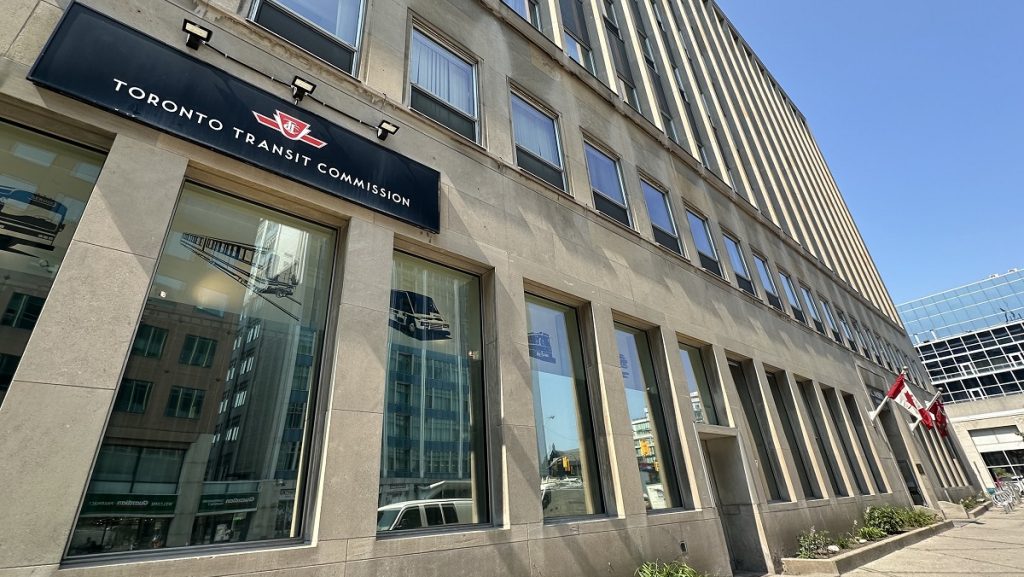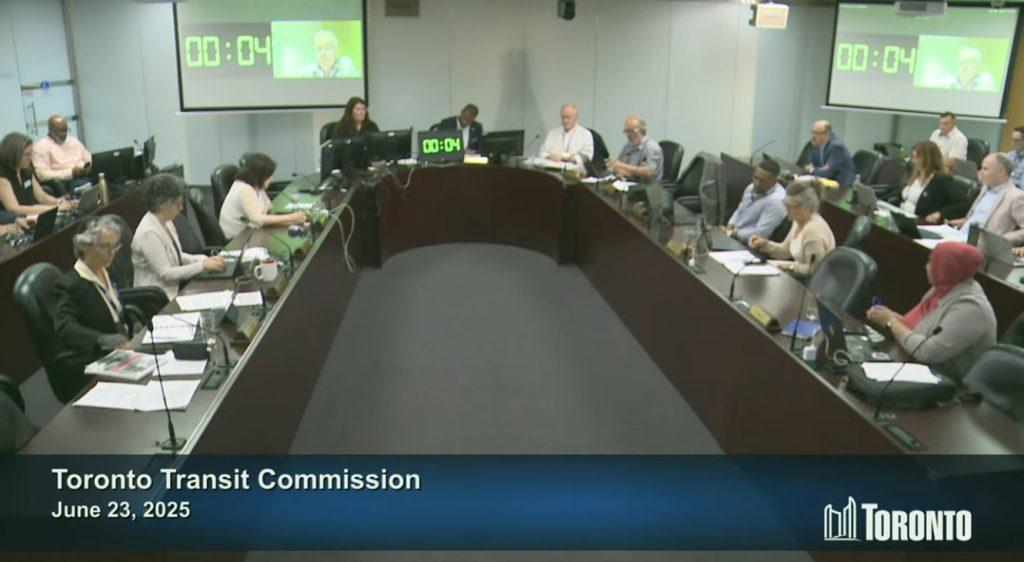The Toronto Transit Commission (TTC) is exploring the idea of opening a retail location to sell Toronto transit merchandise aimed at increasing brand visibility and generating additional revenue beyond passenger fares. This initiative has been proposed by Councillor Josh Matlow, who is also a board member of the TTC. He suggested that potential locations for the store could include Davisville station, which houses TTC headquarters, or another centralized location within the city.
Matlow emphasized that the effort is not solely about financial gain, but also about instilling pride in the TTC system and showcasing its iconic brand. He stated, “This is about bringing some revenue and also taking pride in our system, having fun and enjoying the iconic TTC brand (and) the stories that go along with it.” He acknowledged that while this project may not be transformative, it could serve as a source of revenue and a way to promote the TTC experience, similar to how the Spacing store operates.
Drawing comparisons to major cities like New York and London, Matlow pointed out that both have stores where tourists can acquire souvenirs that remind them of their time in the city. He remarked on Canada’s general shortcomings in self-promotion, suggesting that establishing a physical store could be a step towards improving this aspect.
Currently, the TTC operates an online gift shop where a variety of items, including authentic maps, clothing, and commemorative goods, can be purchased. However, there is a debate among board members about whether resources would be better allocated to enhancing online sales rather than investing in a physical retail store. Board member Fenton Jagdeo expressed this viewpoint, questioning the necessity of establishing a brick-and-mortar location.
In response, Matlow asserted his belief in exploring the retail store concept but acknowledged the need for a thorough analysis of its feasibility. He stated, “If they come back to us and they say this is a terrific idea, then we should do it, and if they come back and say this doesn’t make sense then I would want to listen to that.” The board directed TTC staff to report back on the potential costs, benefits, and implementation strategies of creating and operating such a store, resulting in a narrow vote of six in favor and four opposed.
This proposal emerges amidst discussions regarding the funding sources for the TTC. A report indicated that various non-fare revenue streams, including advertising, parking, and leasing out concession spaces, account for approximately seven percent of the total revenue the TTC receives. Advertising, specifically, has been highlighted as a significant non-fare revenue stream, with the agency earning $31.9 million from this source in 2024. However, transit staff noted a decline in demand for traditional advertising spaces (such as static poster sites) while interest in digital advertising continues to surge, creating challenges for adaptation.
Board vice-chair and former councillor Joe Mihevc raised questions about the TTC's branding efforts, suggesting potential slogans like “the better way,” “the community way,” or “the sexier way” to enhance its image. TTC staff confirmed they are investigating strategies to boost the agency's identity, including targeted advertising initiatives as part of a broader ridership growth strategy.
Since the onset of the COVID-19 pandemic, the TTC has experienced fluctuations in ridership. While streetcar and subway usage remains below pre-pandemic levels, there has been an uptick in off-peak and weekend travel. Despite generating $7.7 million from parking revenue in 2024, the operational costs of maintaining parking lots exceeded $12.6 million. TTC staff proposed increasing parking fees to mitigate this financial gap, but the board opted to freeze those rates in May.












